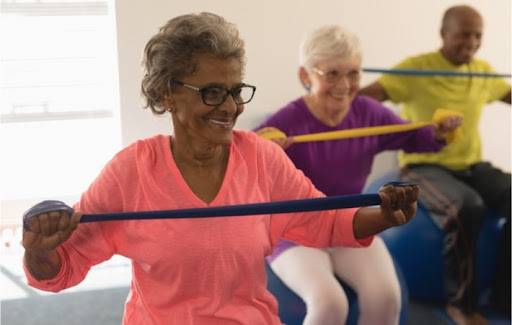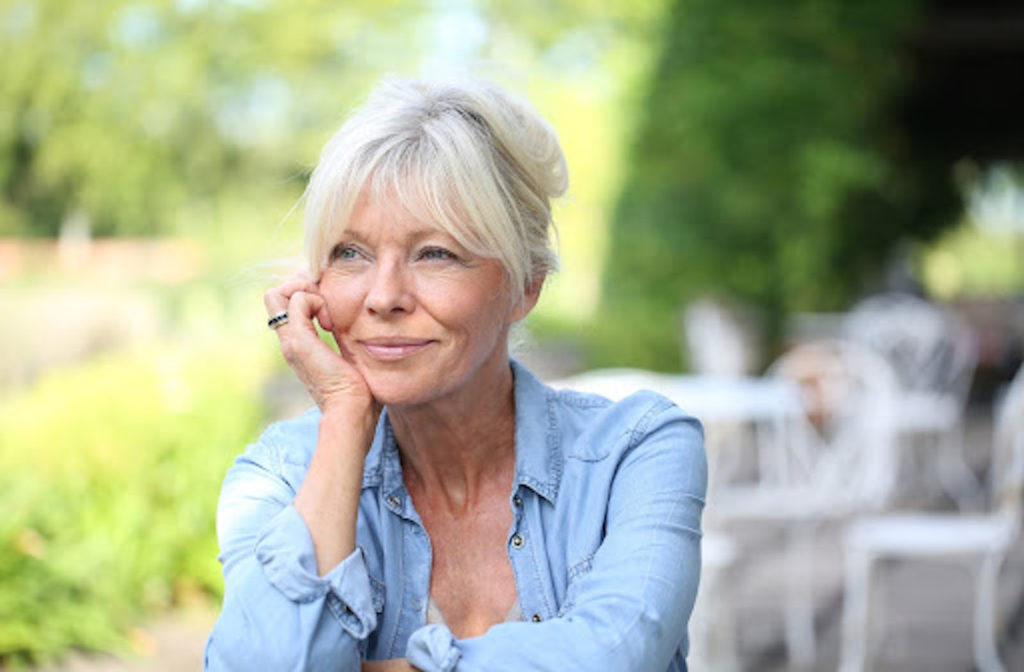What do seniors value most in a retirement community? Is it the dining options, the services and amenities, or something else? Learning what older adults value can help you understand what your senior community can offer.
Continue reading to learn more about what seniors value in a retirement community.
What Do Seniors Value Most in a Retirement Community?
What do seniors value? It’s more than you may realize.
Older adults want a community that can benefit them in several ways, whether it’s their health, social life, or overall happiness. There’s no universal answer for what seniors care about. Everyone has different needs, but there are several important factors related to senior living.
The aspects of senior living that older adults value include:
- Community
- Independence
- Health
- Dining service
- Exercise
- Social connections
Community
First and foremost, seniors value a community that can meet their needs. These needs can be physical, emotional, social, or spiritual, among others. A community with services and amenities like places of worship, socializing areas, and trained staff is valuable.
Independence
Accepting help from others can be difficult, especially when someone is used to being independent. Seniors may find their daily tasks are harder than usual. Despite this, many older adults wish to stay as independent as possible.
Most people don’t like being told what to do, where to be, or how to do certain things. There’s an assumption that you lose your ability to stay independent once you move into a senior community, but this isn’t true.
Seniors value a community where they can stay independent even if they require help throughout the day. Older adults will be interested in a place that respects their independence and allows them to live their life how they want to.
Health
Age increases the risk of many chronic diseases that can significantly impact ability and health. A healthy lifestyle can help seniors stay active and independent for longer. Older adults value a community that can help take care of their health, no matter their needs.
Some residents will be independent, while others may need more help with everyday life or managing their medications. Seniors are attracted to places that can accommodate their needs, no matter how much they change.
Dining Service
Seniors value 2 things when it comes to dining, the food and the experience itself.
Healthy eating is necessary for older adults to help prevent diseases like osteoporosis, high blood pressure, heart disease, and type 2 diabetes. Unfortunately, seniors can have trouble eating healthy for a variety of reasons. Changes that can affect healthy eating include:
- Suddenly living alone
- Health conditions
- Loss of appetite
- Problems chewing or swallowing food
Seniors will enjoy a community that can provide them with tasty and nutritious options providing them the carbs, fats, vitamins, and proteins they need to live healthily. With dietitian-approved meal plans, your community can help residents meet their healthy eating goals. Residents can receive healthy food based on their unique needs.
Regarding dining, the experience matters as much as the food. Not many people wish to sit and eat alone, and residents shouldn’t experience this.
A dining area can be a place to socialize and enjoy food together rather than a place to eat. Seniors will value a personalized dining experience where they can ask questions about their meals and learn about what they’re eating.
With Distinctive Dining, seniors can enjoy a gourmet dining experience, featuring:
- Private dining rooms
- Community kitchens
- All-day dining options
- Social atmosphere
- Attentive staff
- Personalized meals

Exercise
There’s no doubt that exercise is important, especially for older adults. Regular physical activity can help prevent health problems and keep your muscles strong. The average senior should engage in at least 2.5 hours of exercise a week.
Exercise is beneficial for everyone, but it can become more difficult with age. Most older adults won’t be completing an intensive exercise routine, but consistent physical activity should be a priority. The key is to move more and sit less.
Seniors interested in a retirement community value the ability to get the exercise they may not get living alone. A variety of available exercise options can make older adults interested in what a community has to offer. Whether it’s a pool to swim in, a fitness center to exercise in, or another amenity, seniors value the different ways they can stay active.
Social Connections
People are social creatures, and this doesn’t change with age. Unfortunately, many older adults living alone face isolation and loneliness.
Besides the emotional struggles of loneliness, isolation can negatively affect seniors’ health. Social isolation can increase the risk of dementia by 50% and the likelihood of other serious medical conditions. When nearly 25% of adults aged 65 and older are socially isolated, many seniors want meaningful connections.
Senior retirement communities can benefit friendships and happiness as older adults age. They can help residents make new friendships and social connections.
Seniors value friendships and will want to meet new, like-minded people when moving into a community. They value a place that can help them make memories in several ways, whether it’s a common socializing area or structured events.
Understand the Value of Your Community
Understanding what seniors value can help you understand the unique features of your senior community and how you can better serve your residents. If you’re looking for help during this journey, you can speak with trusted advisors on how you can manage your community.
If you’re interested in learning more about how you can maximize the potential of your community, reach out to an experienced professional.




